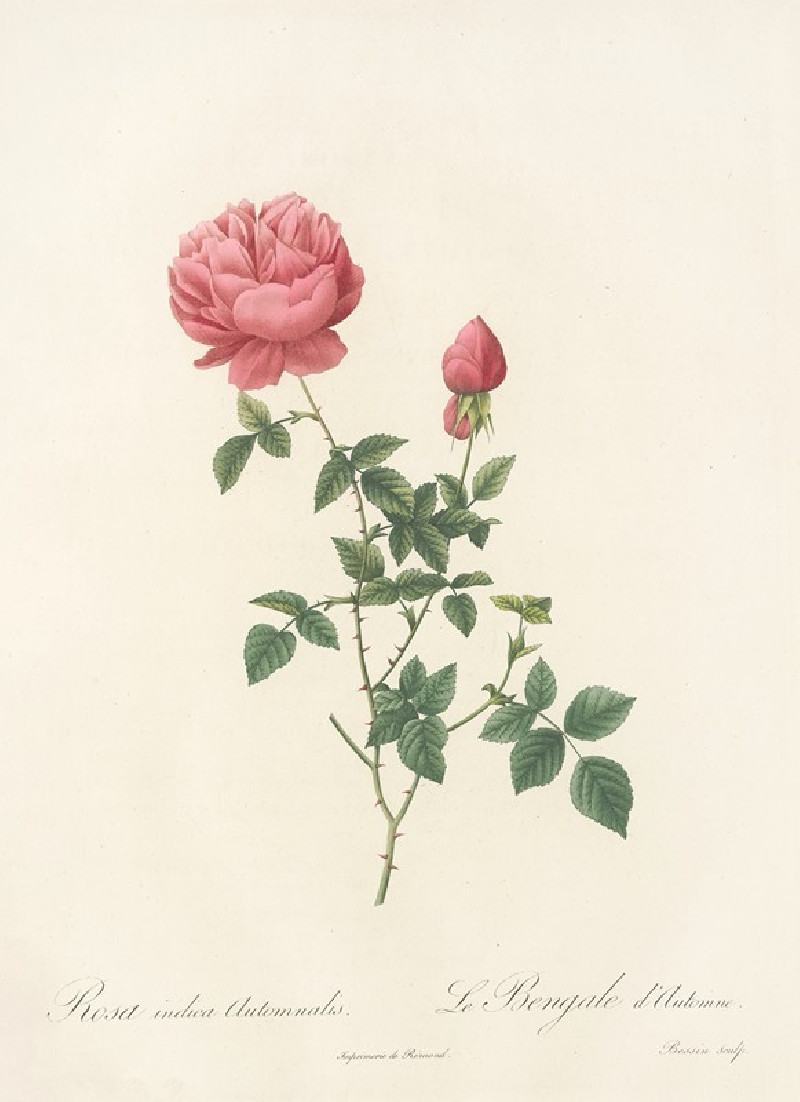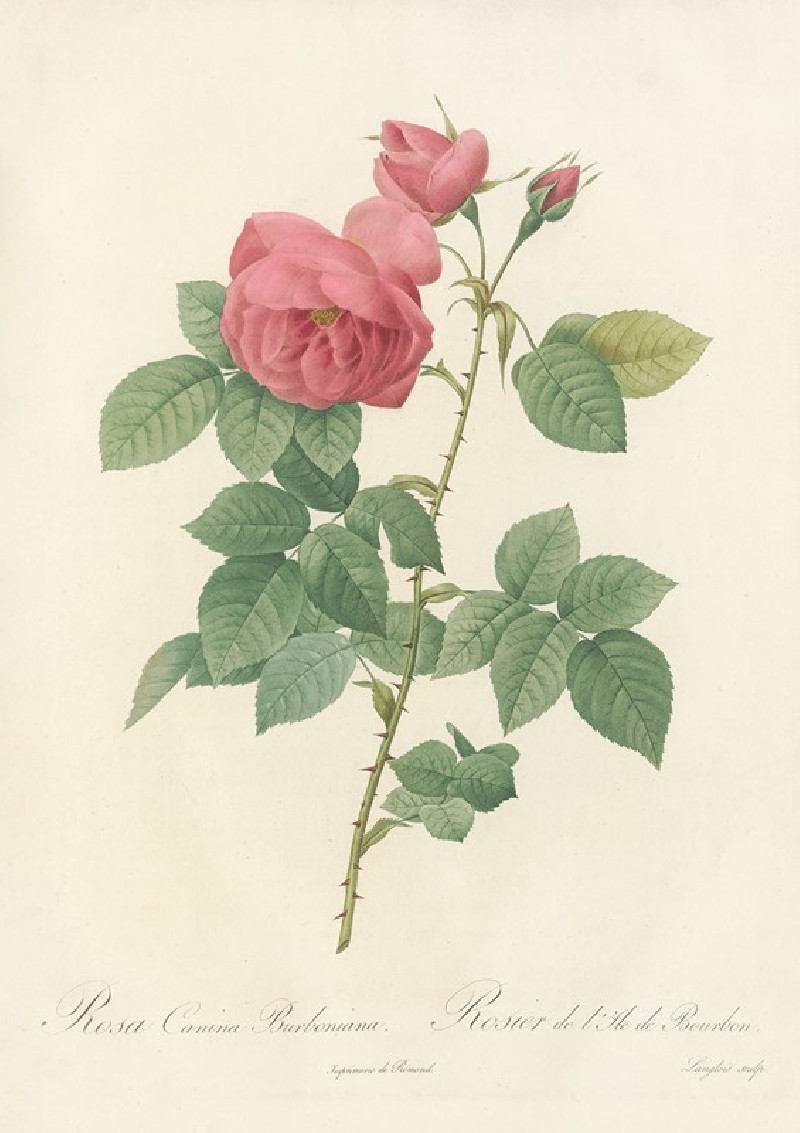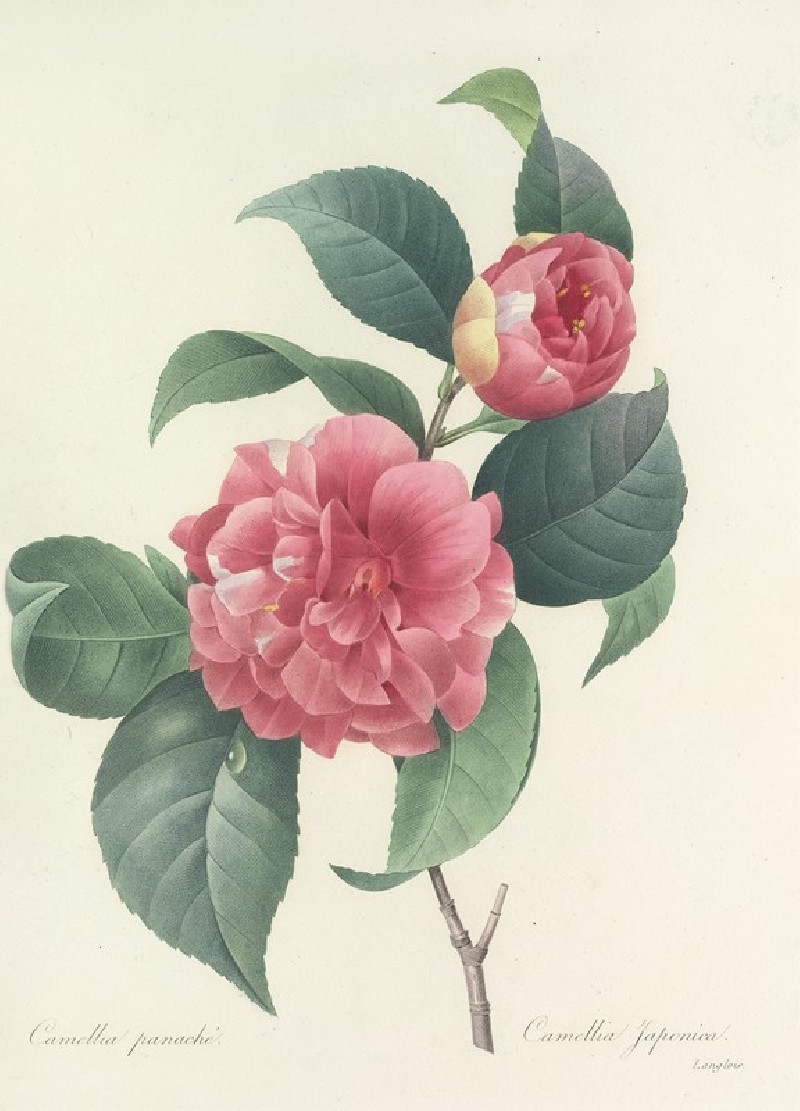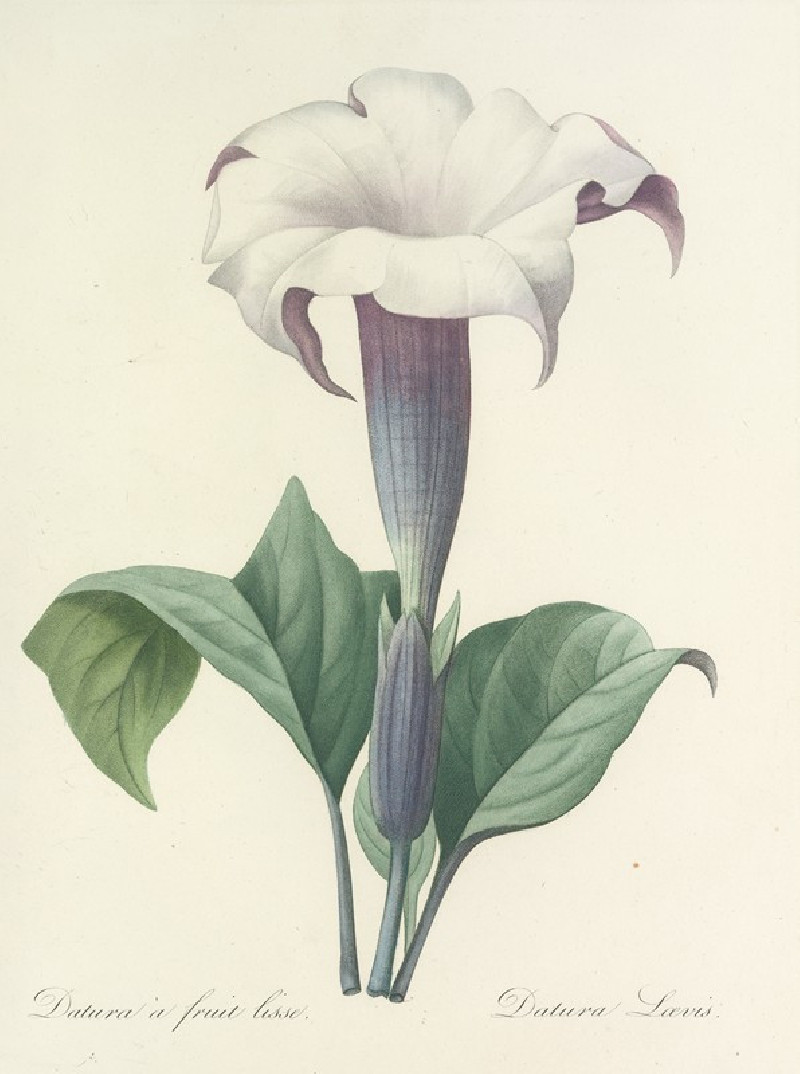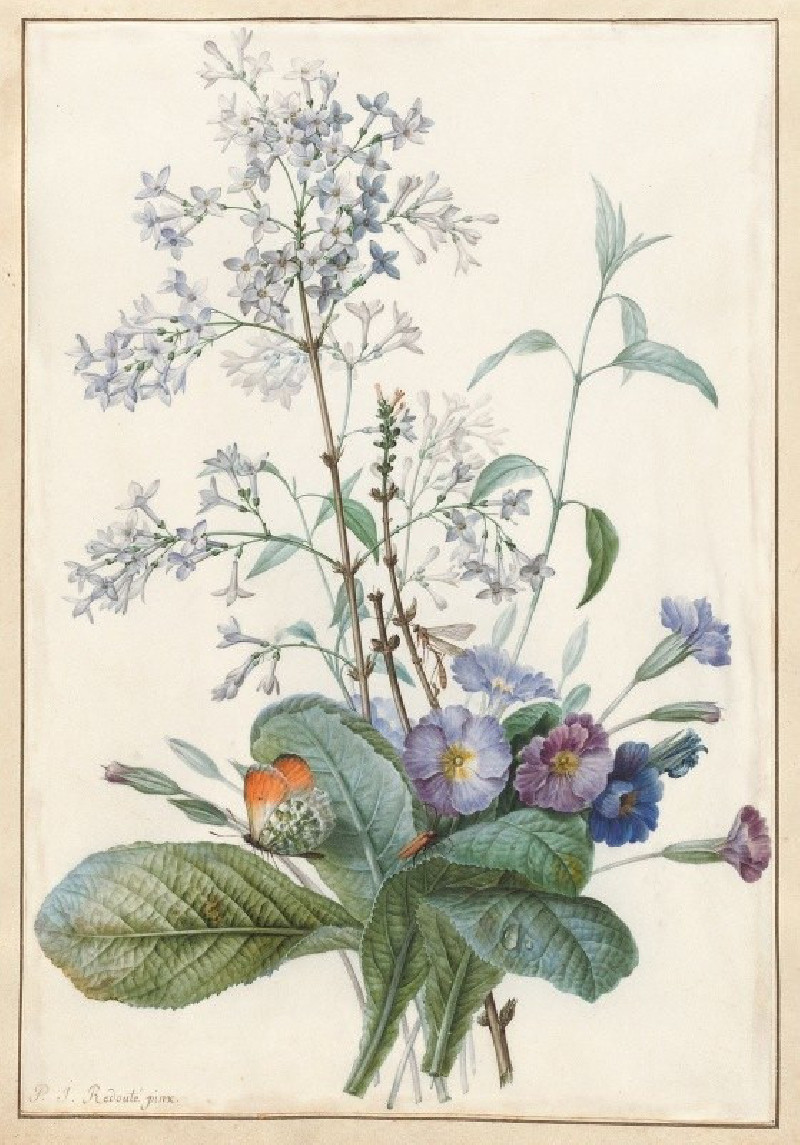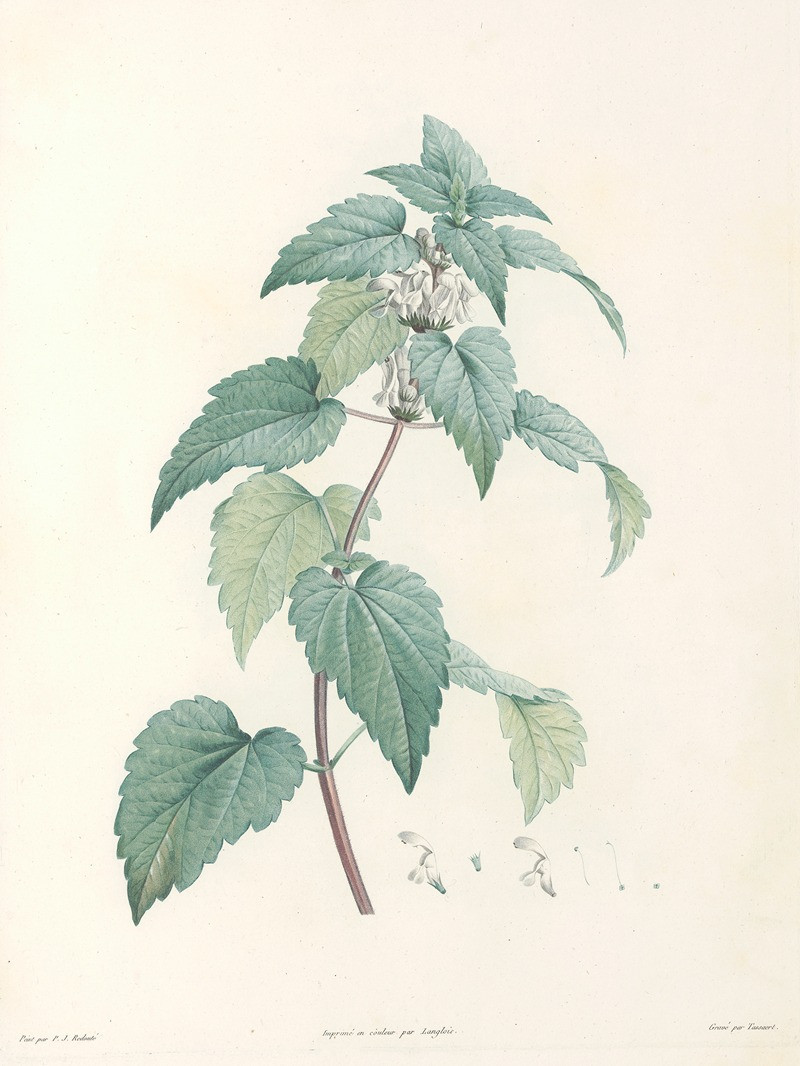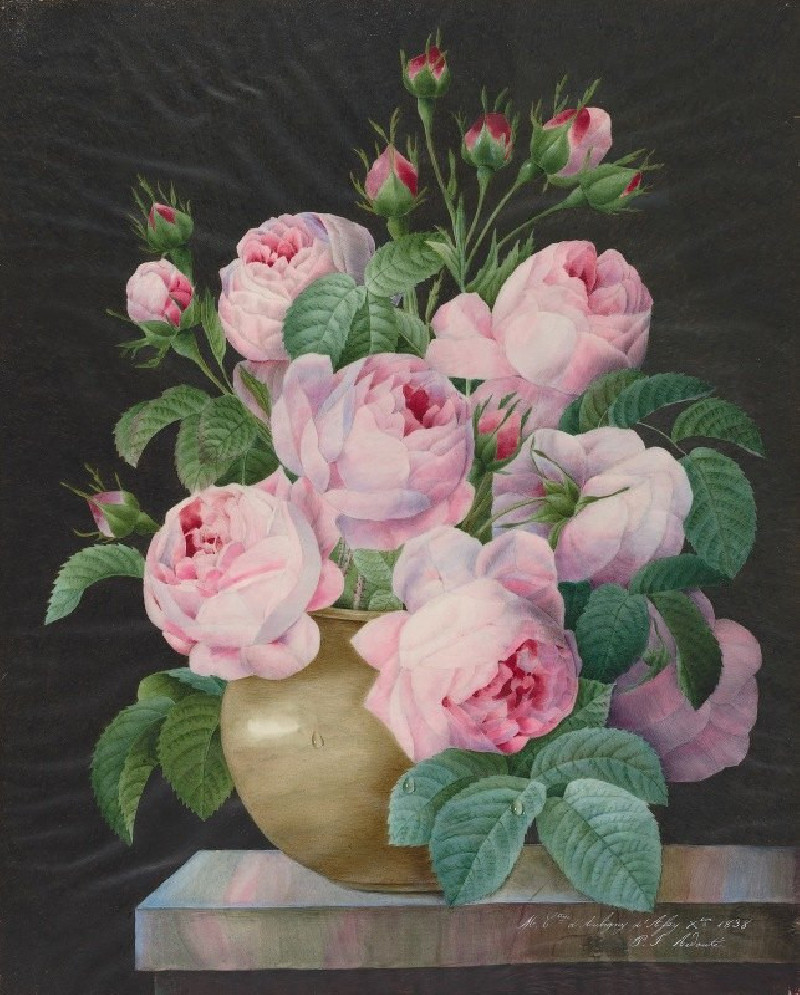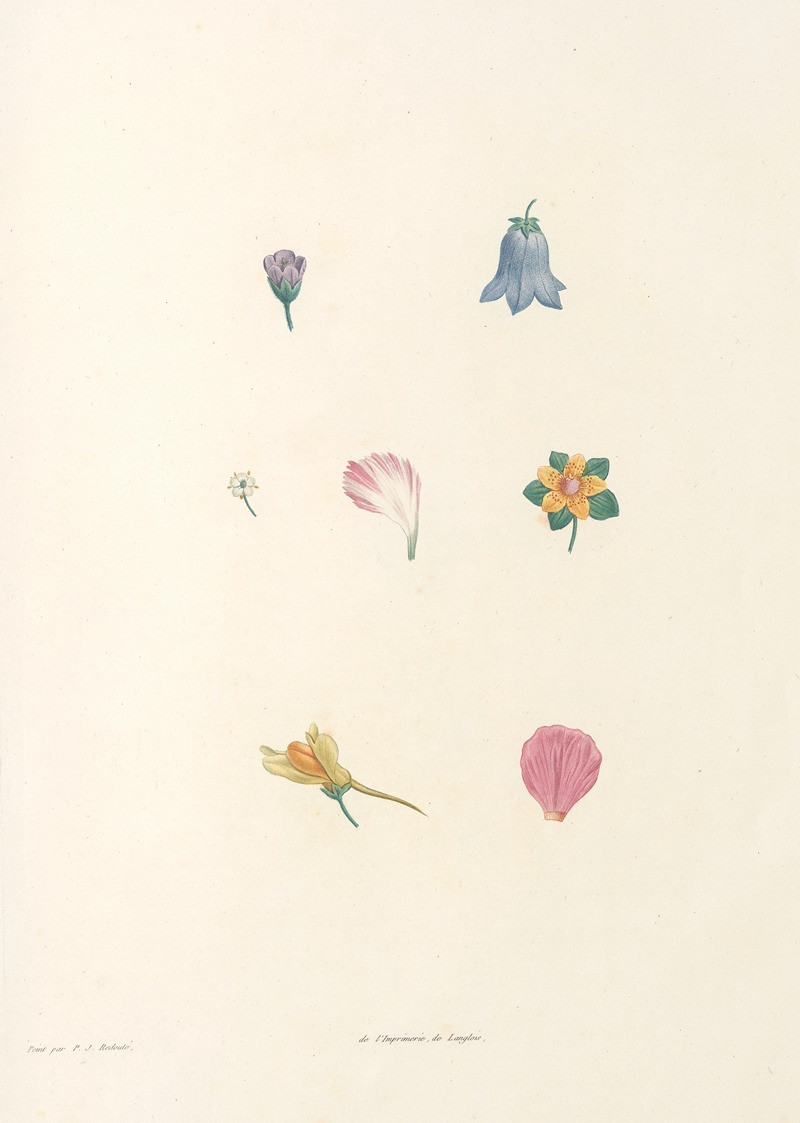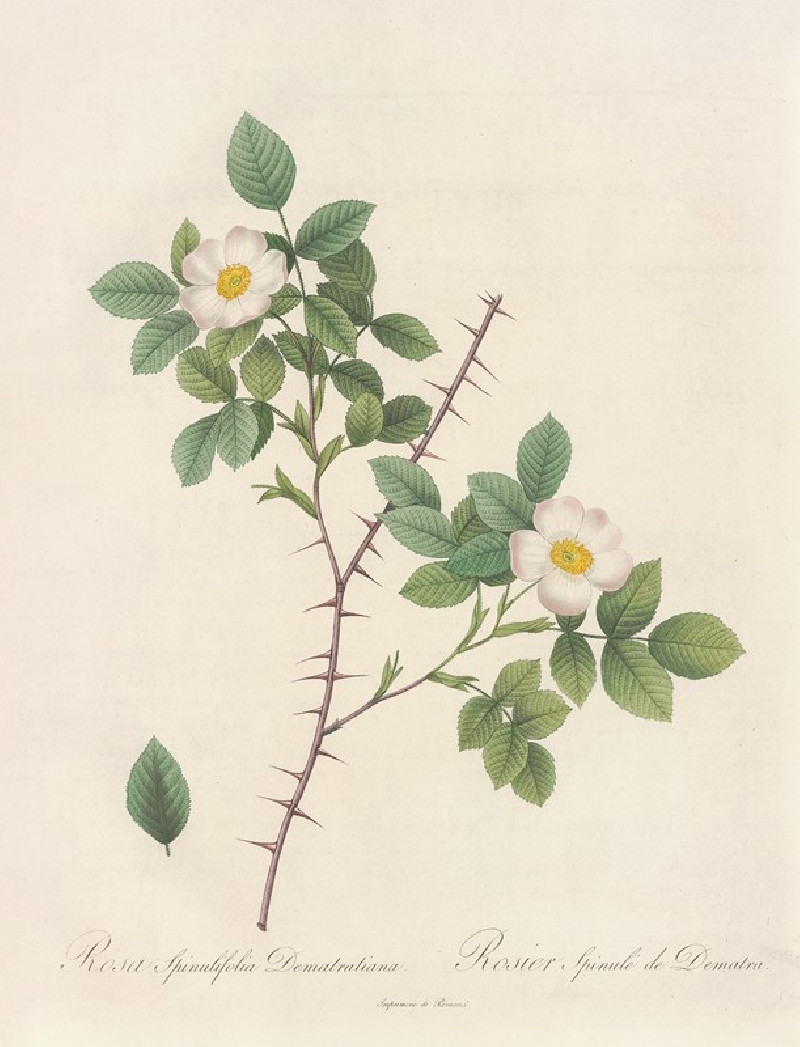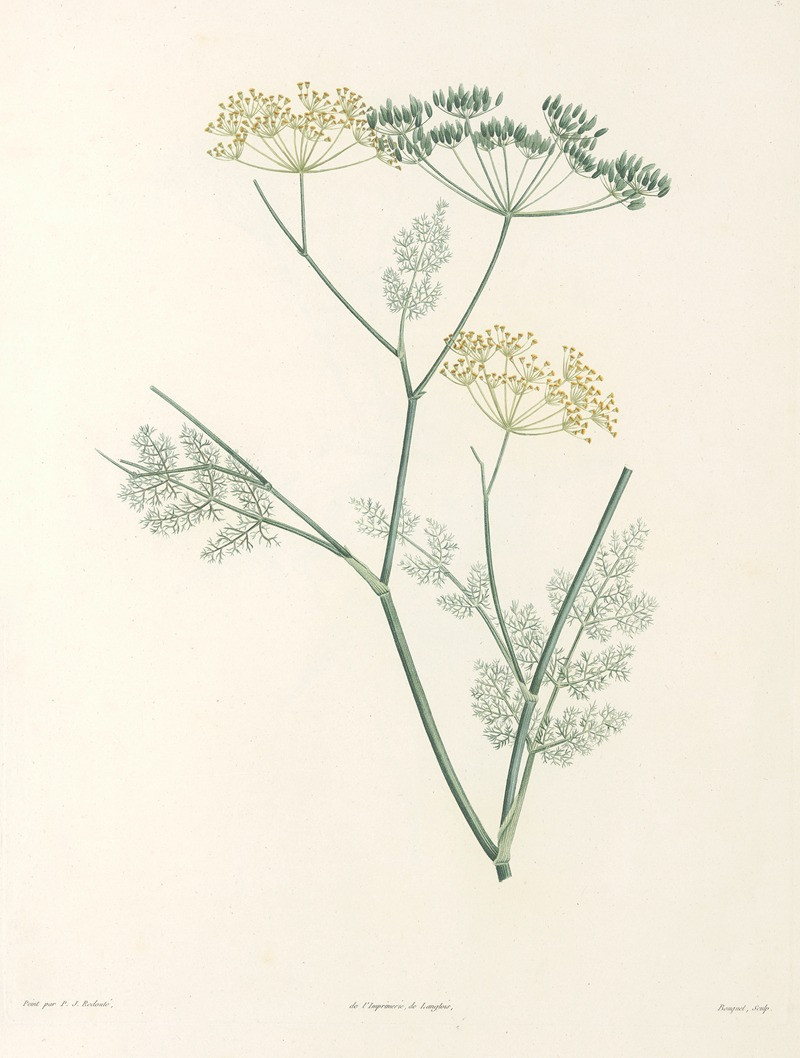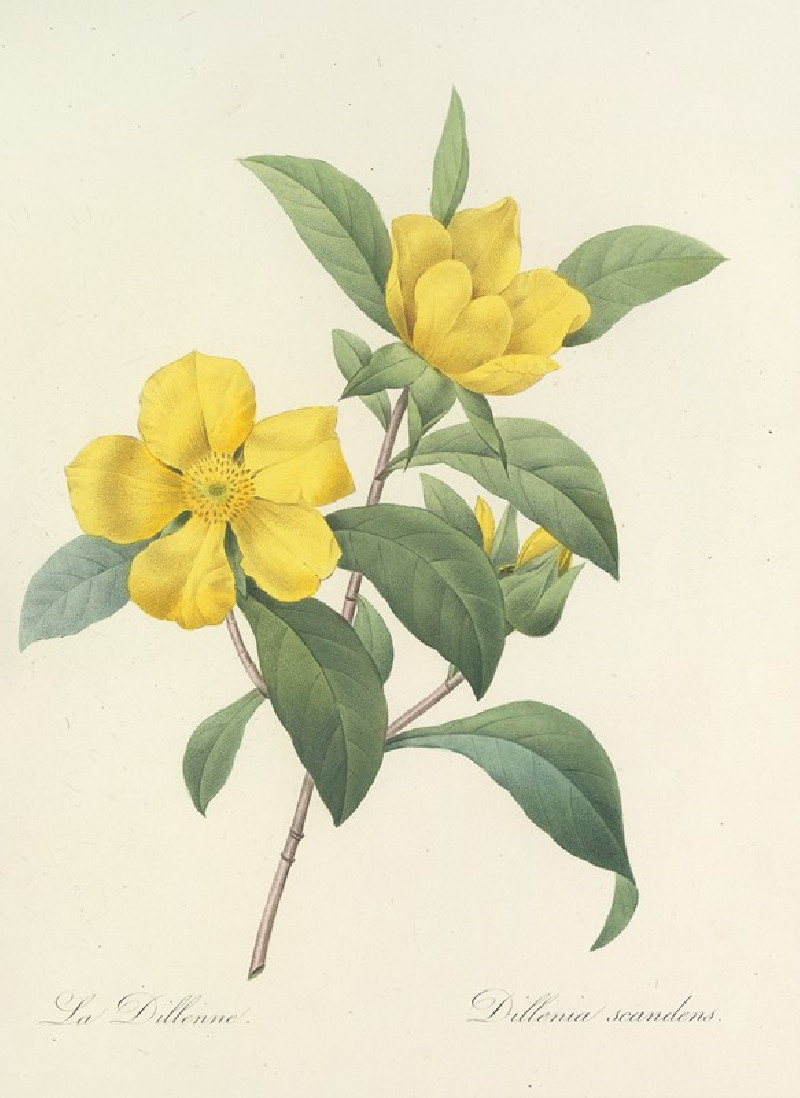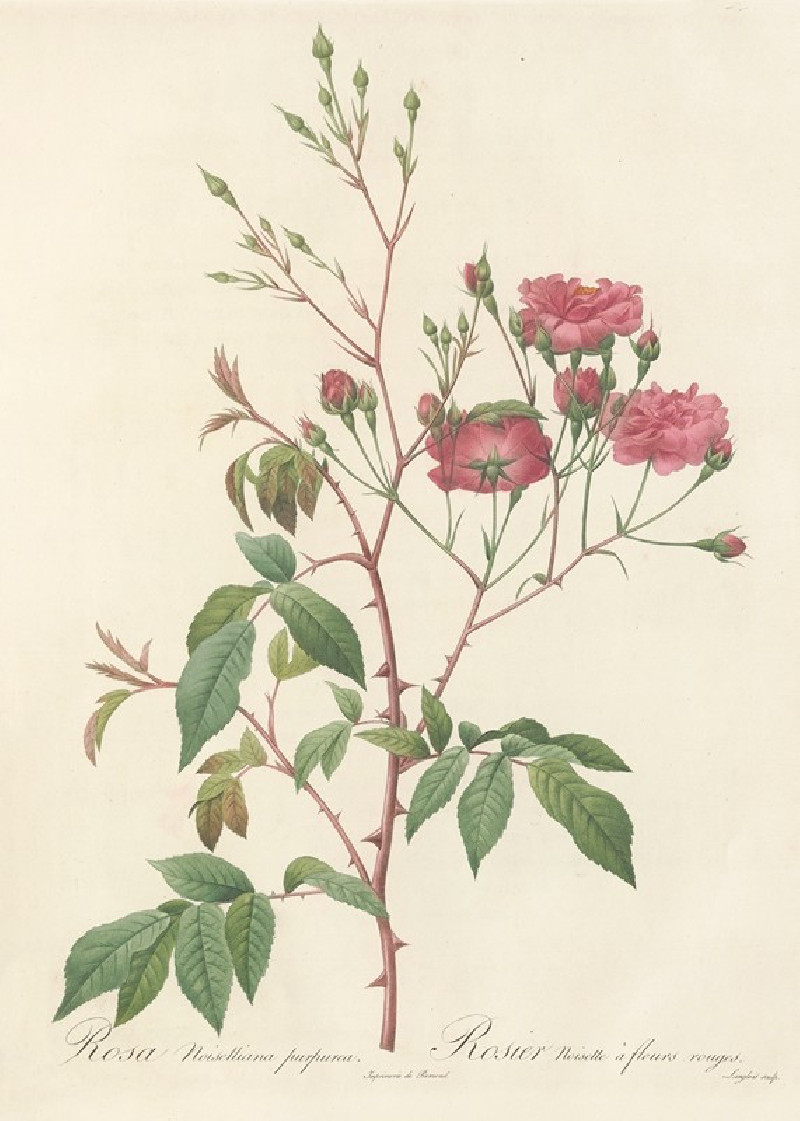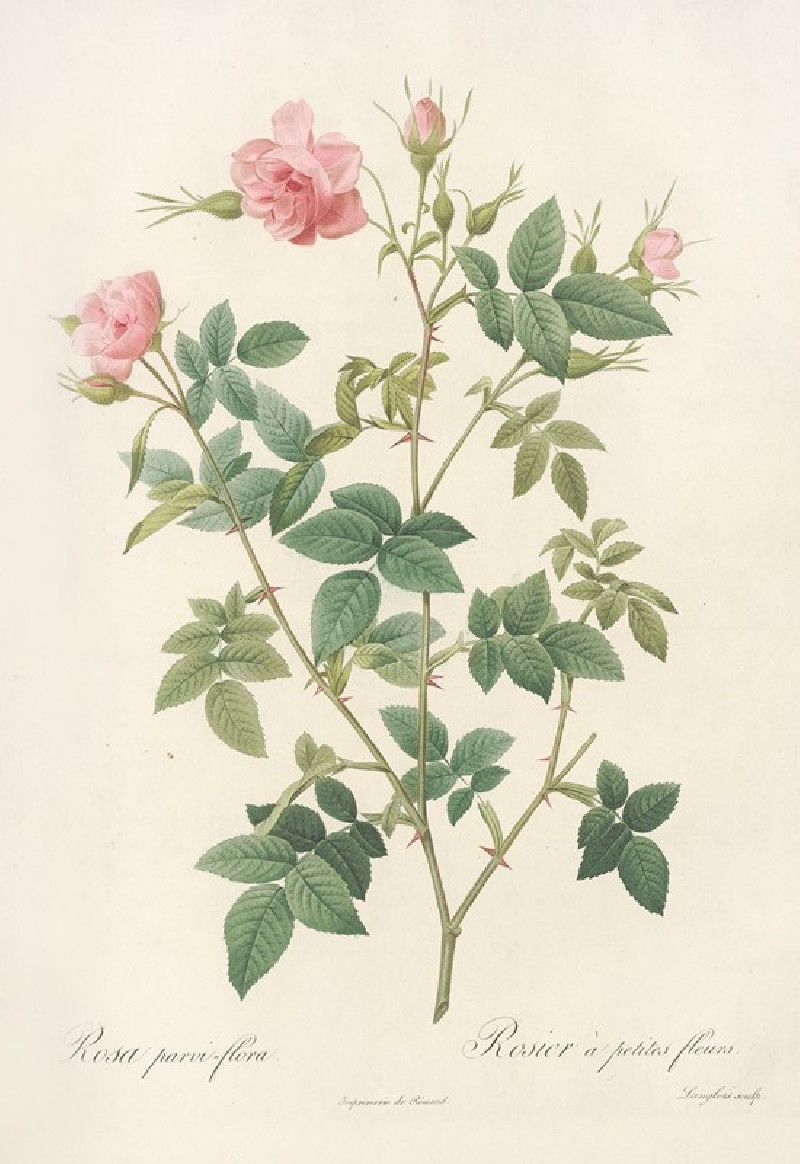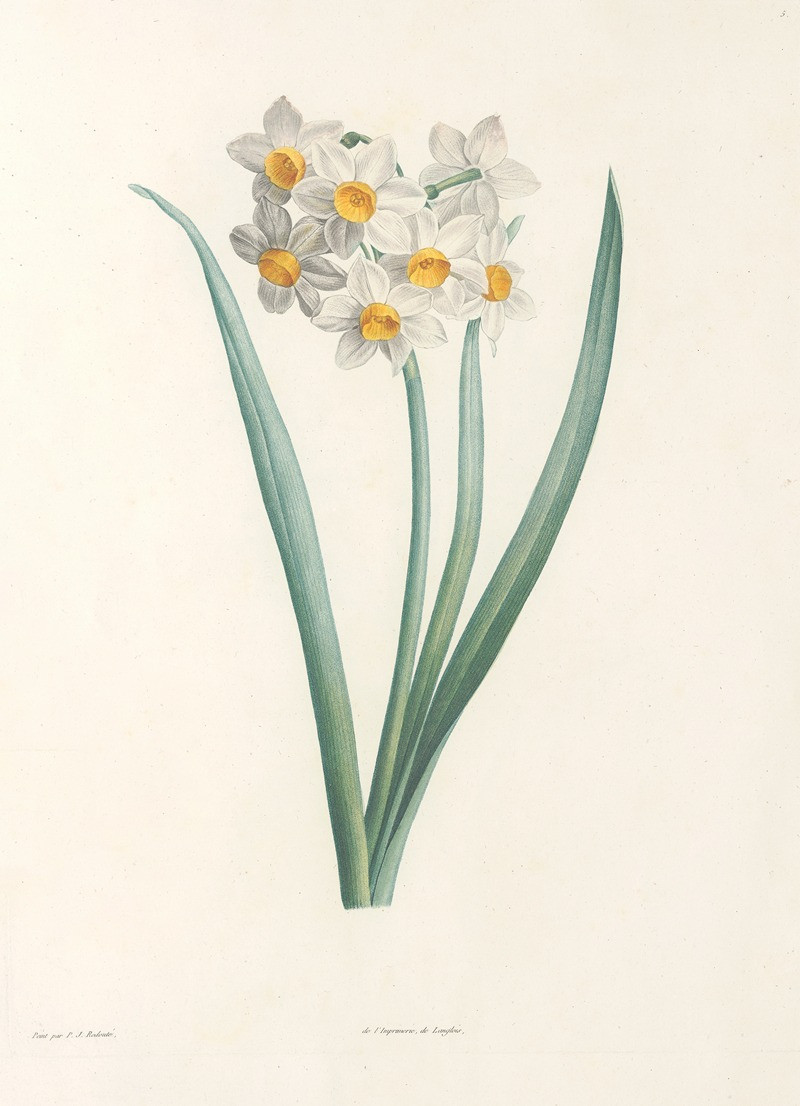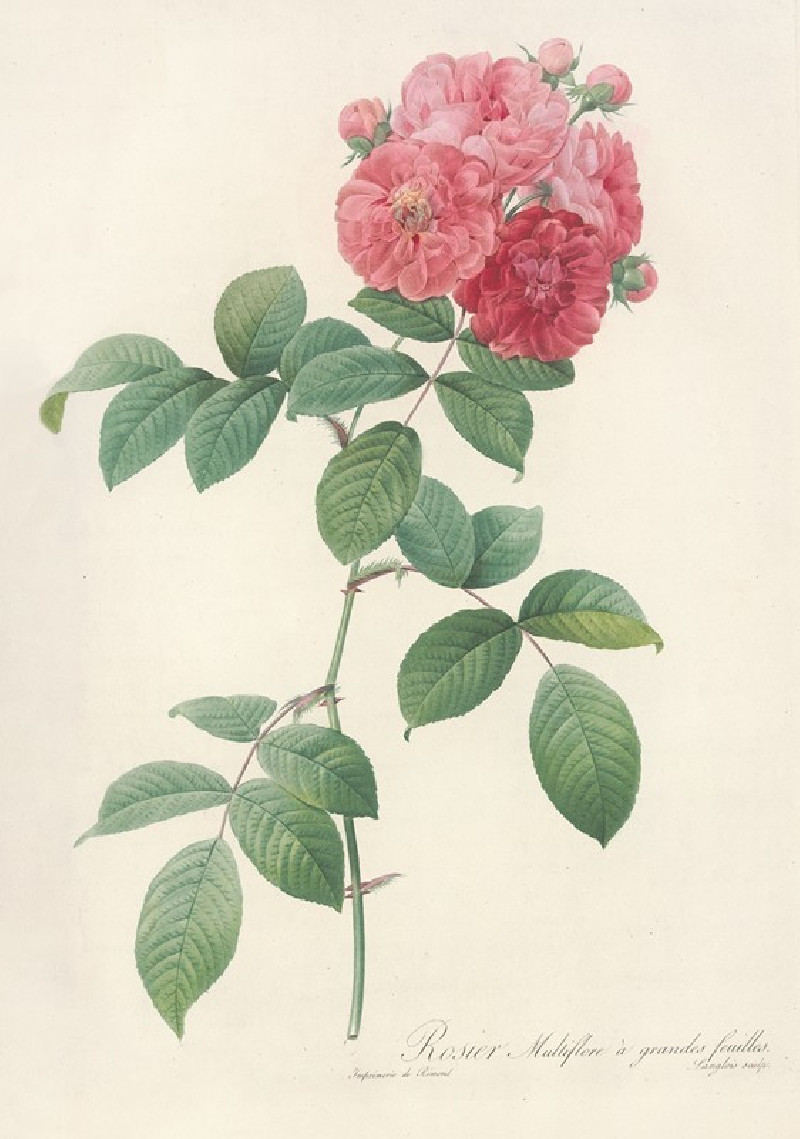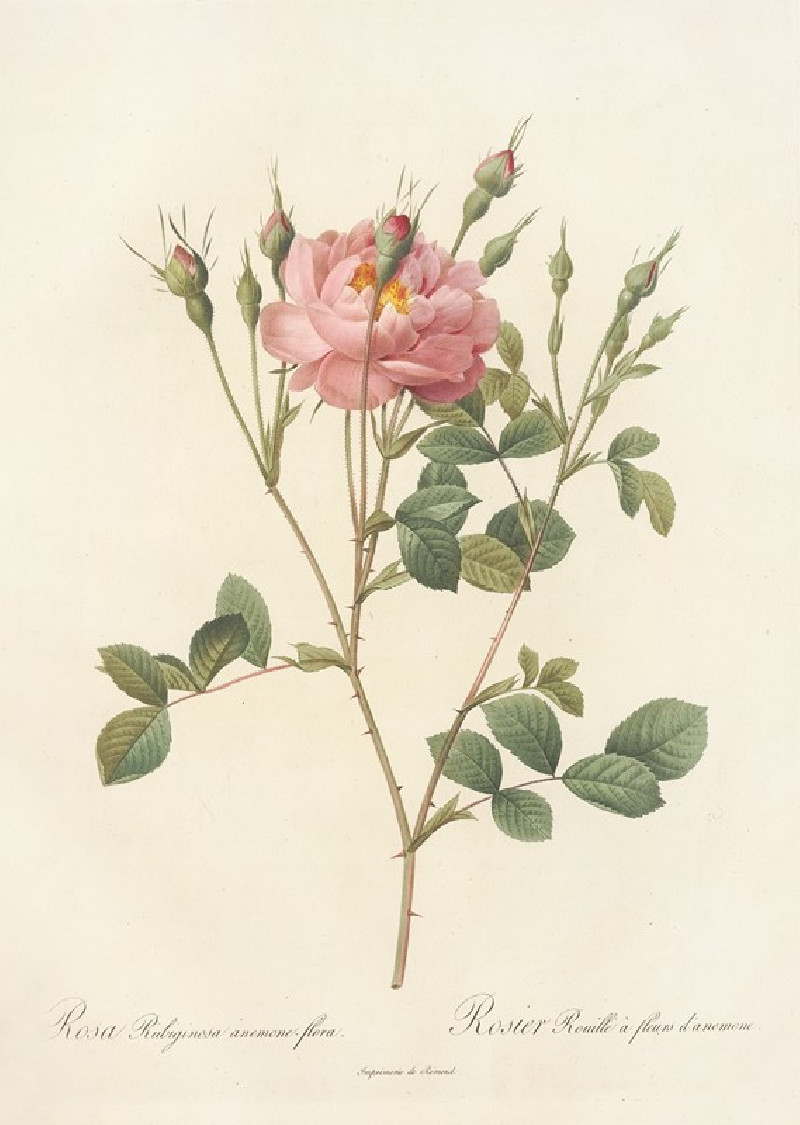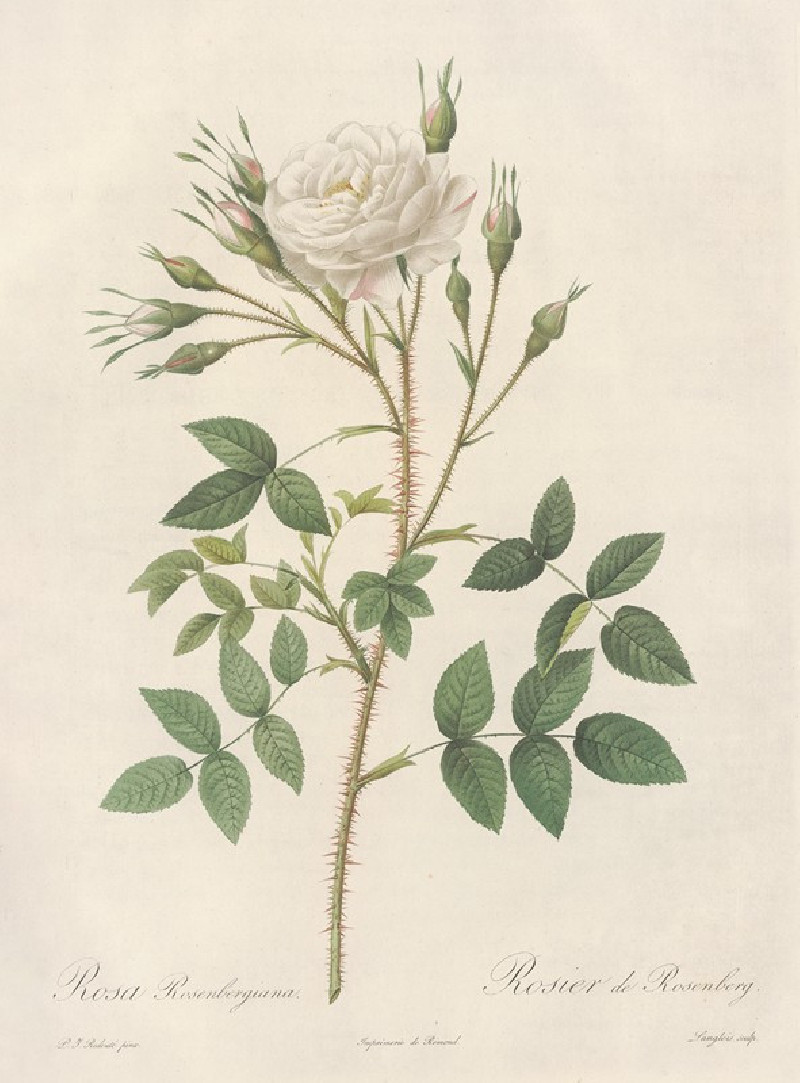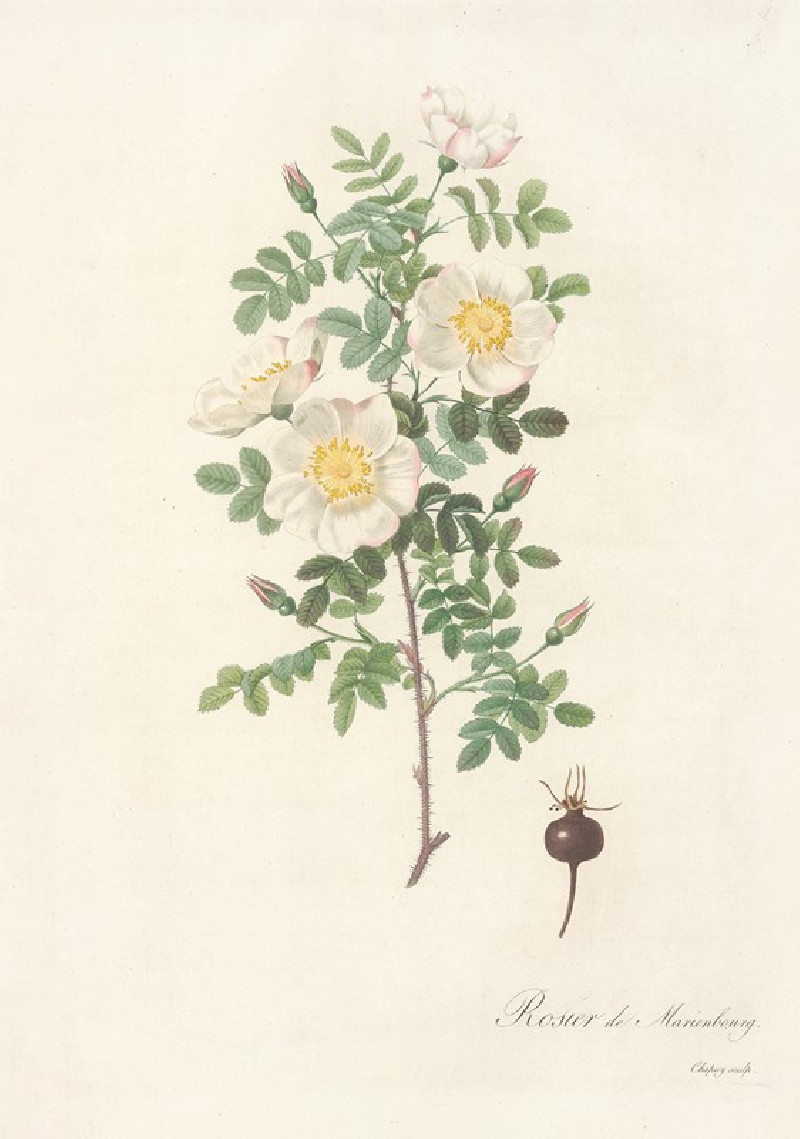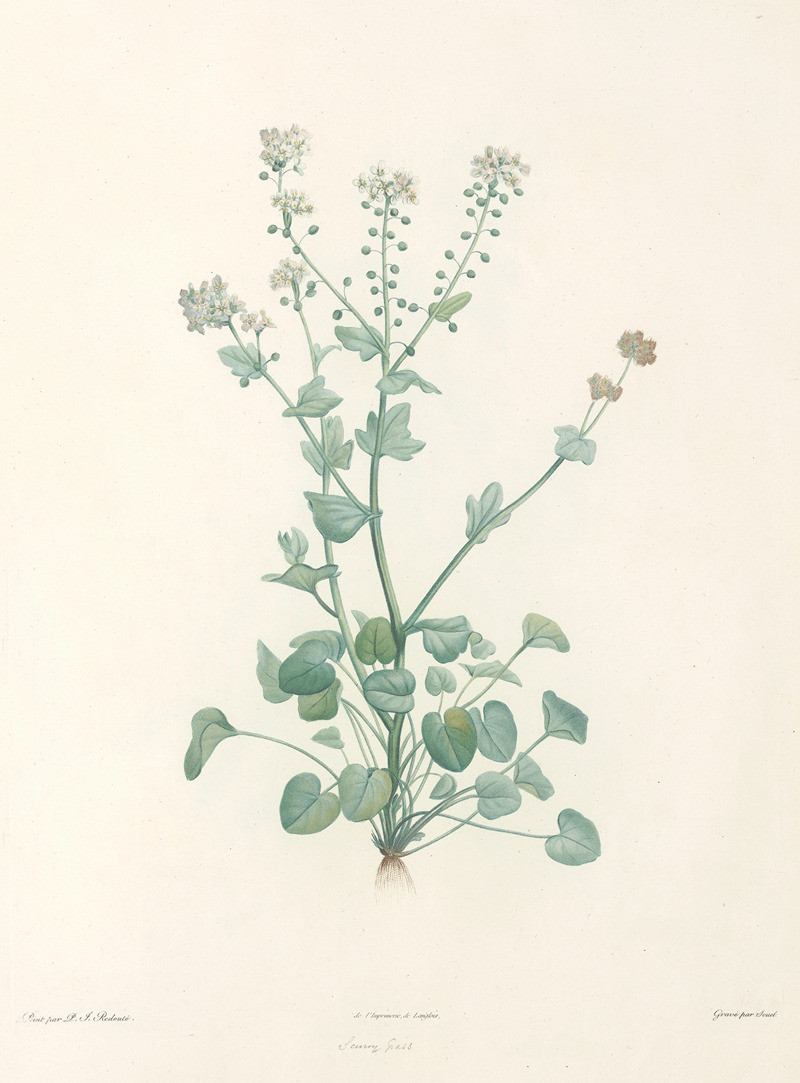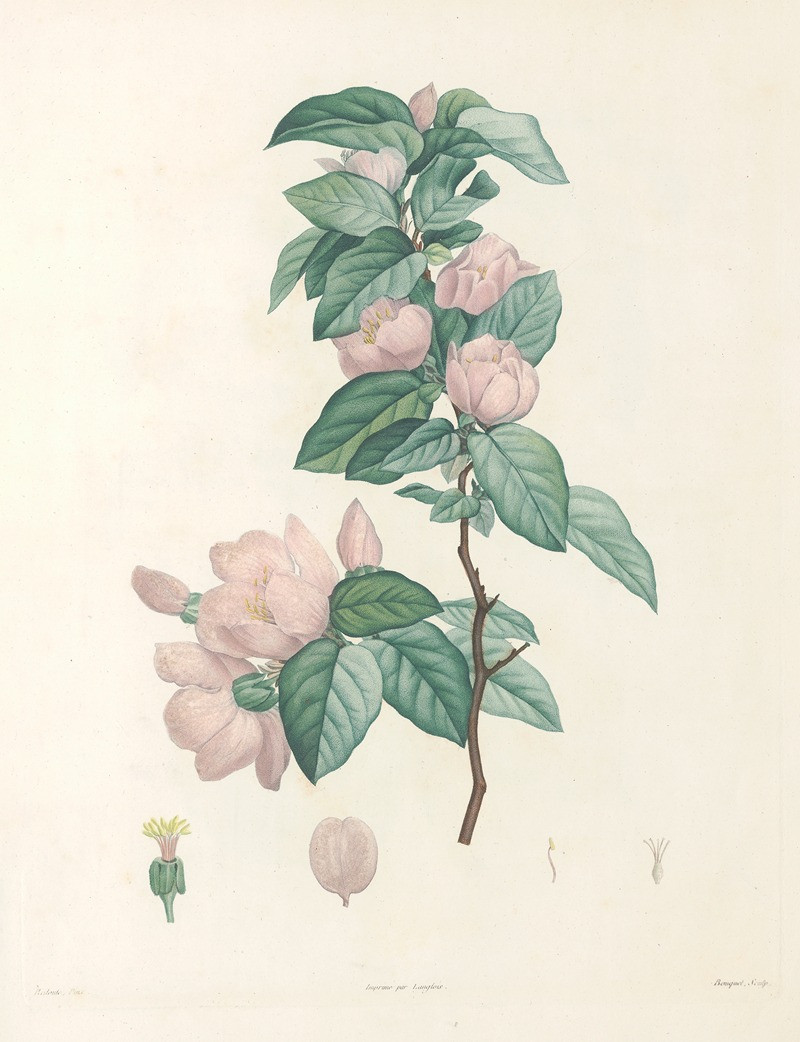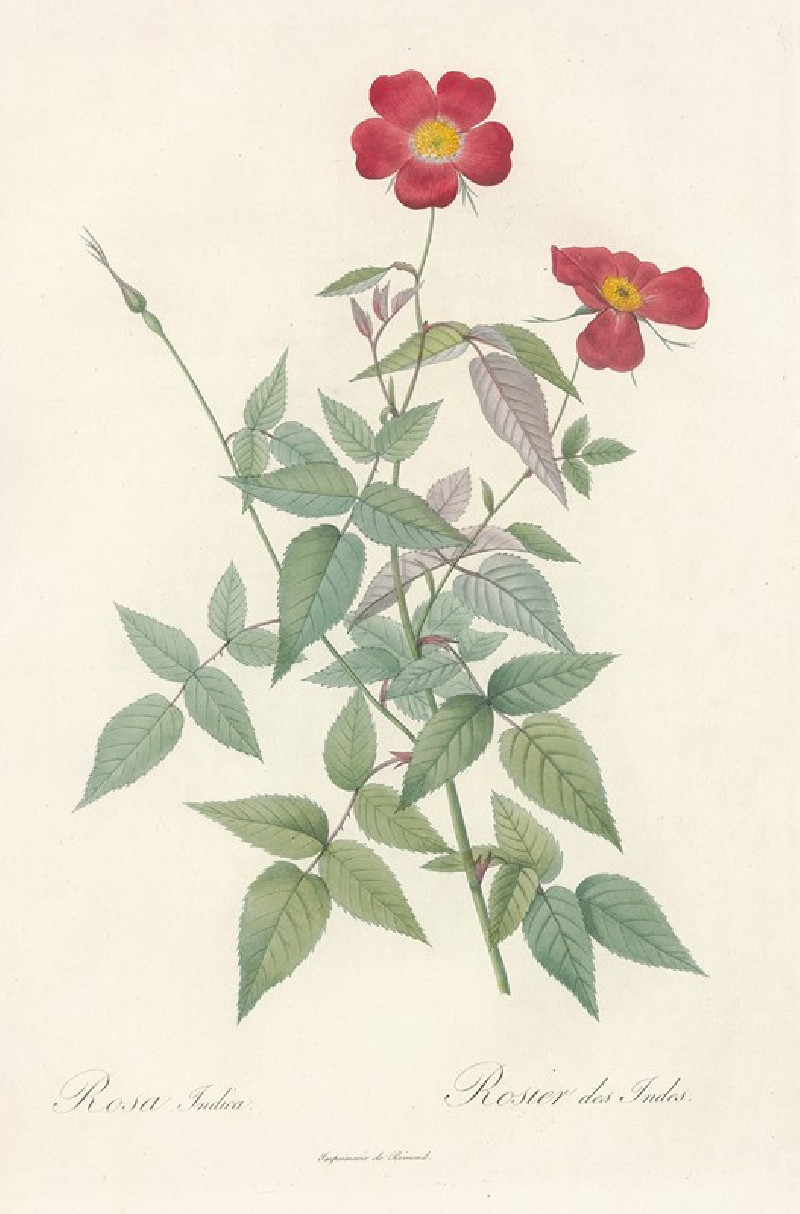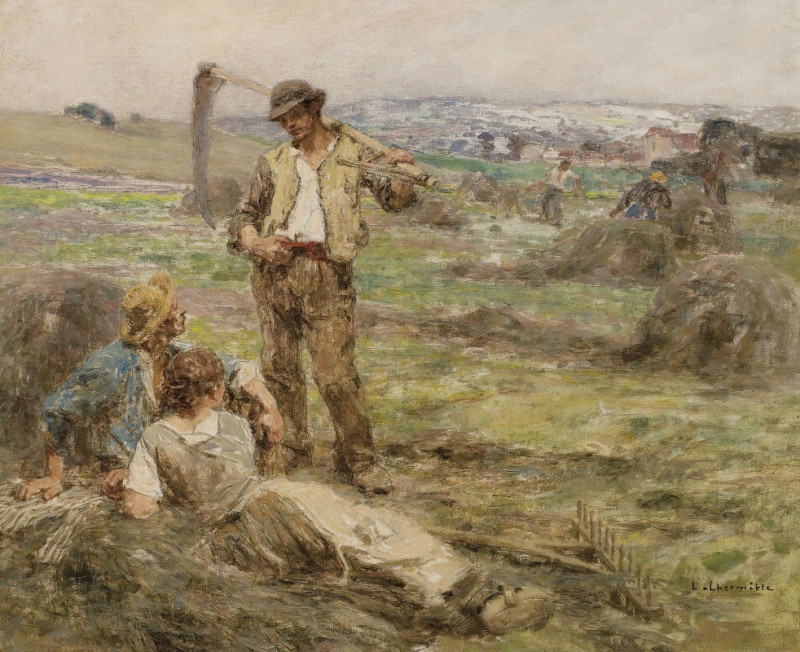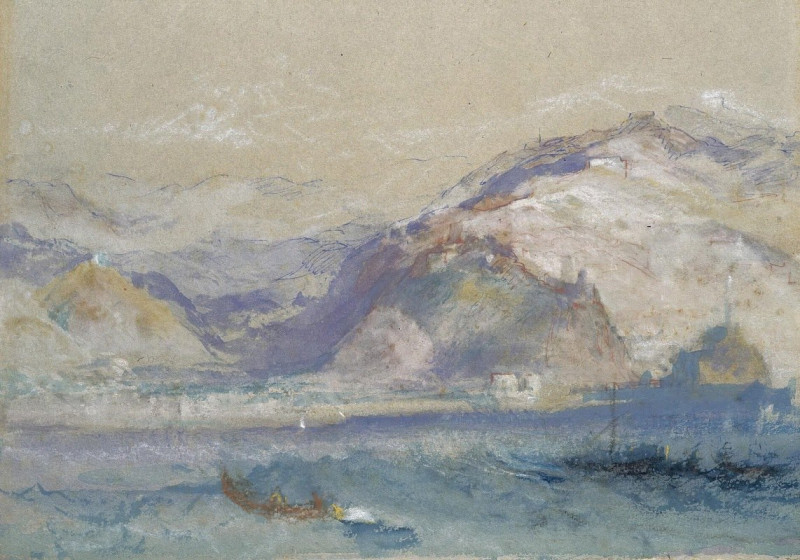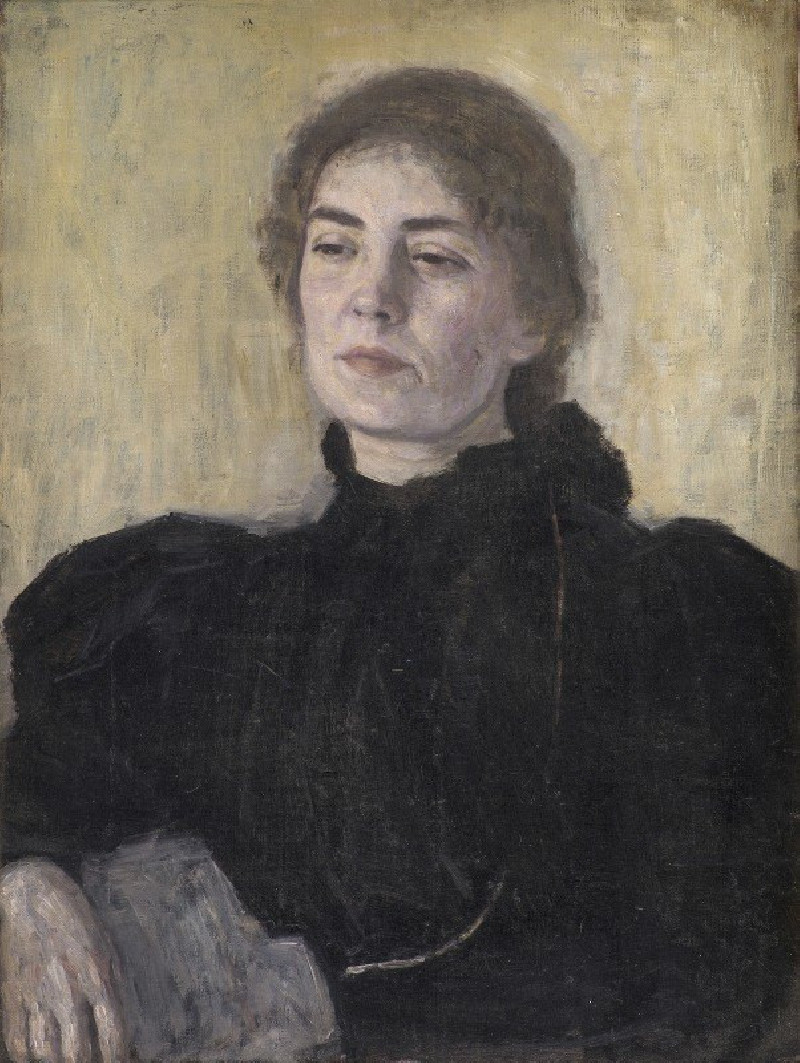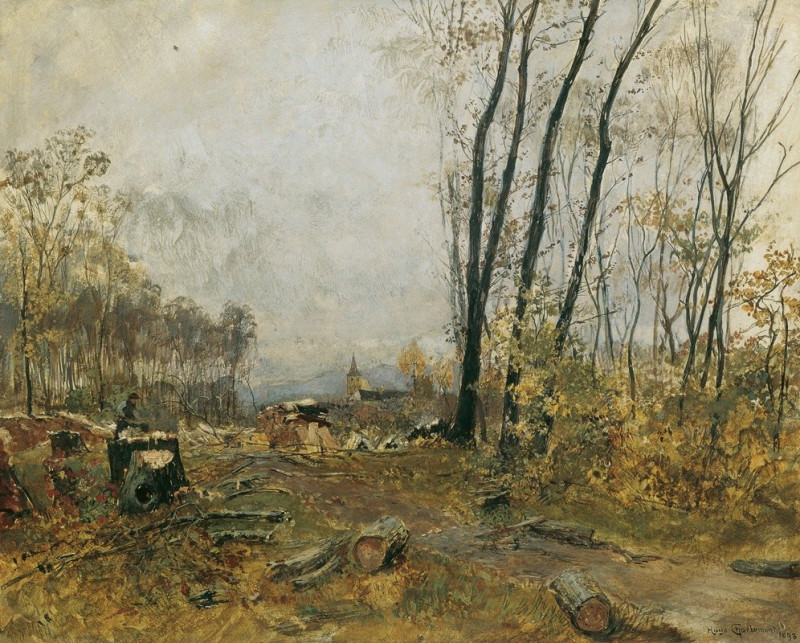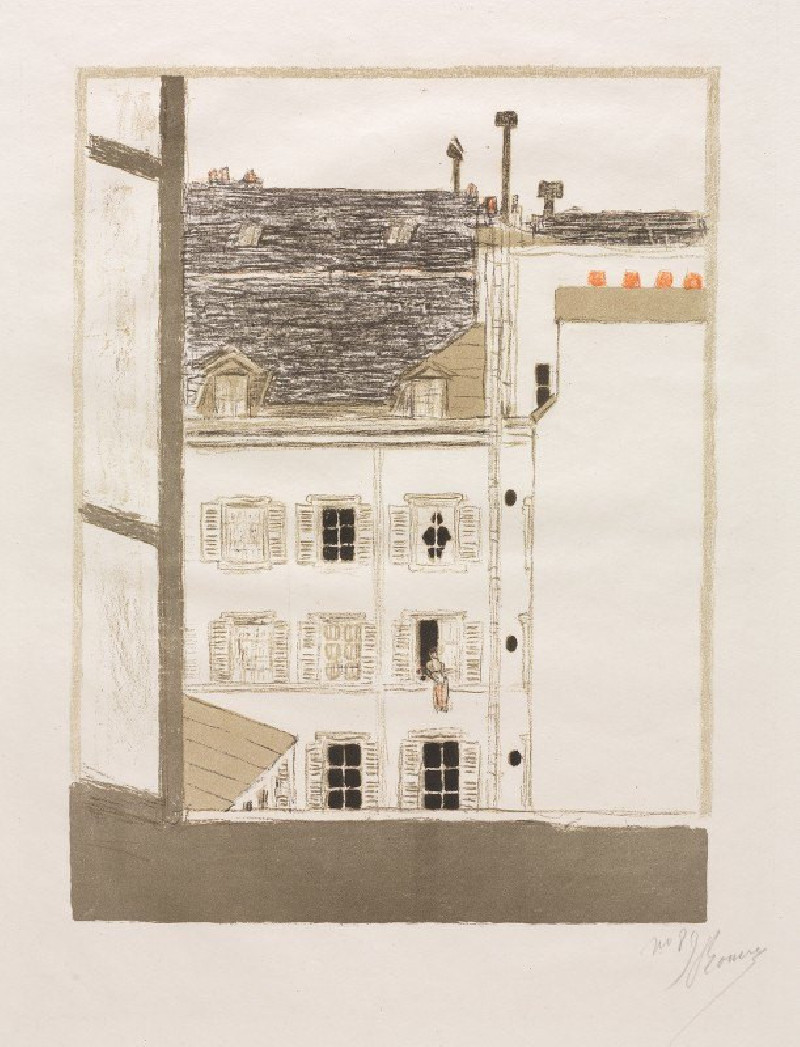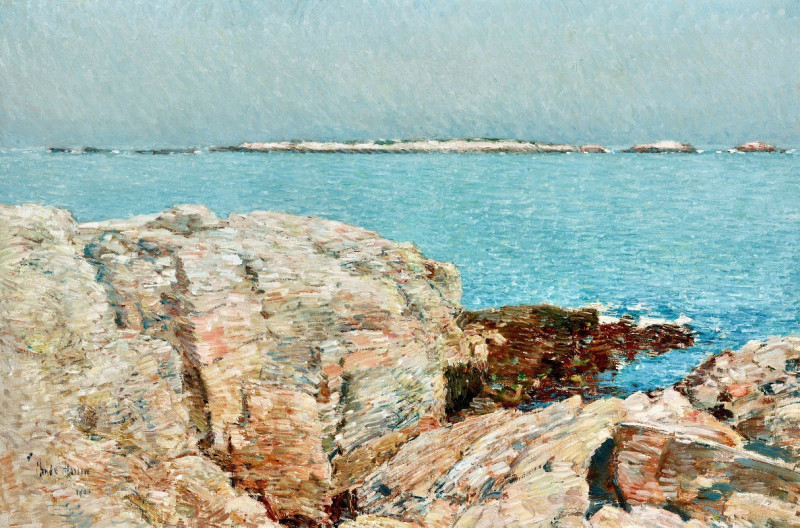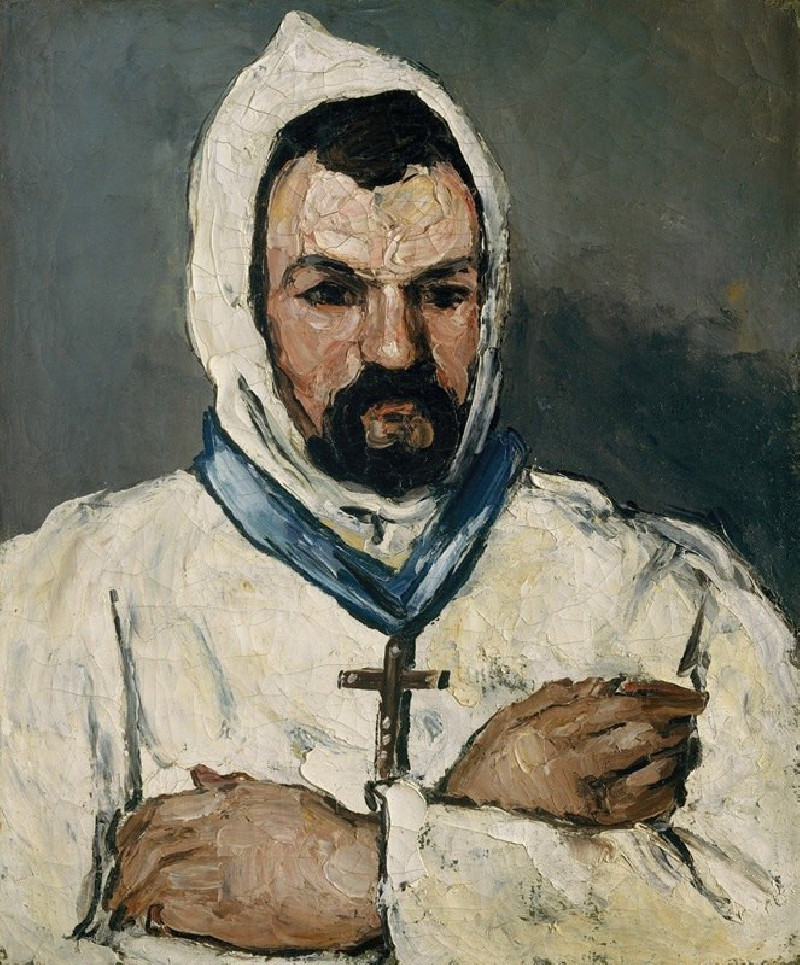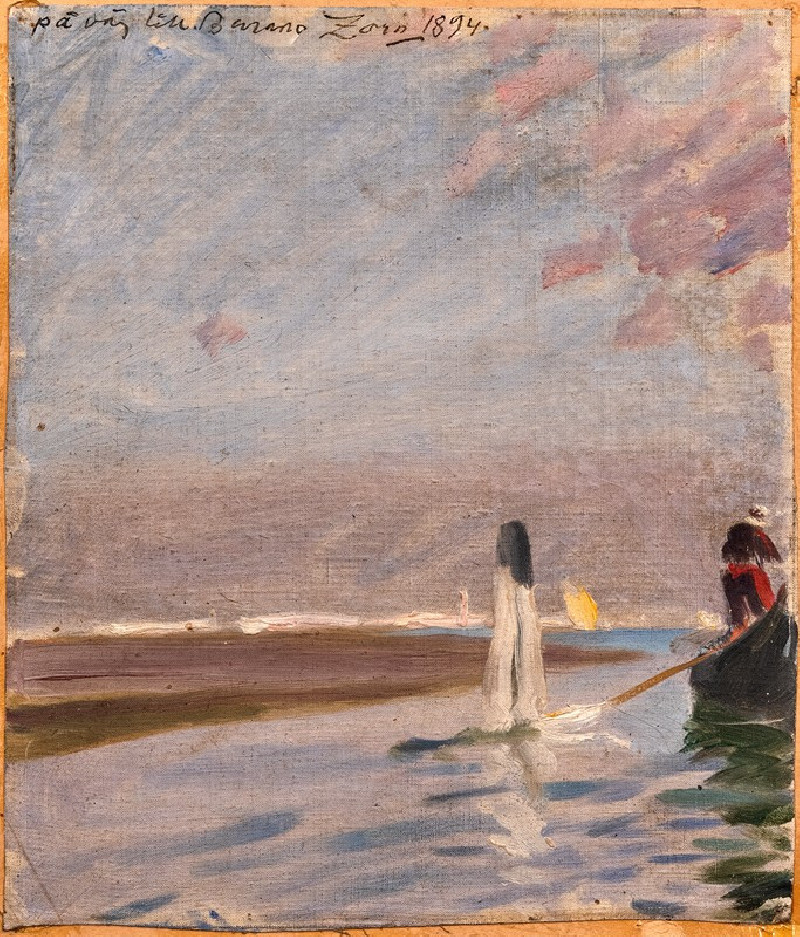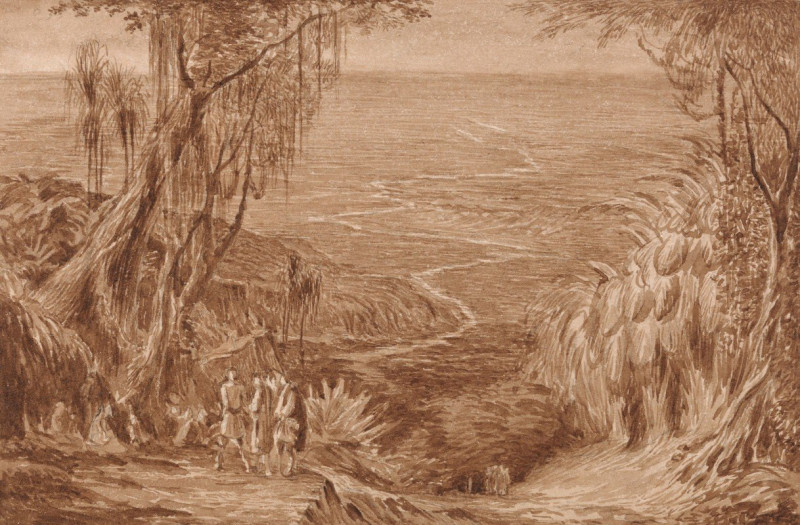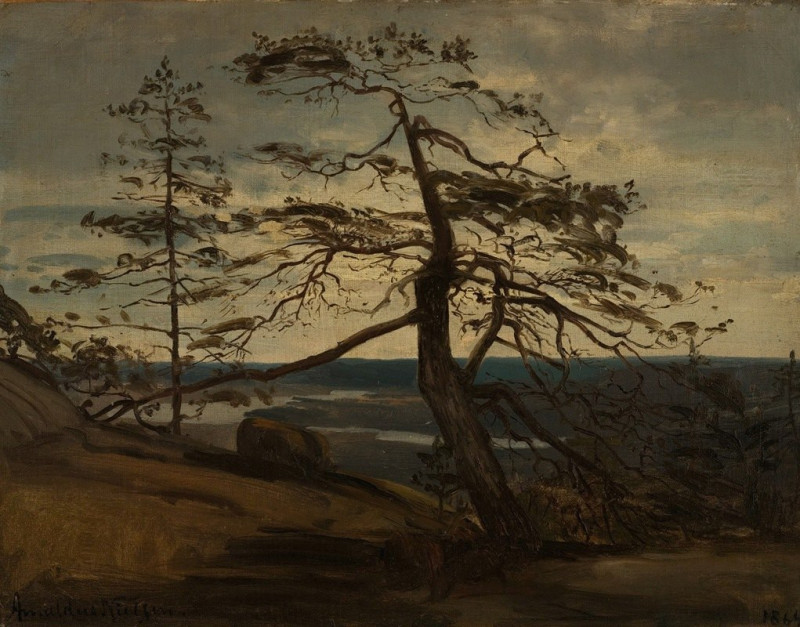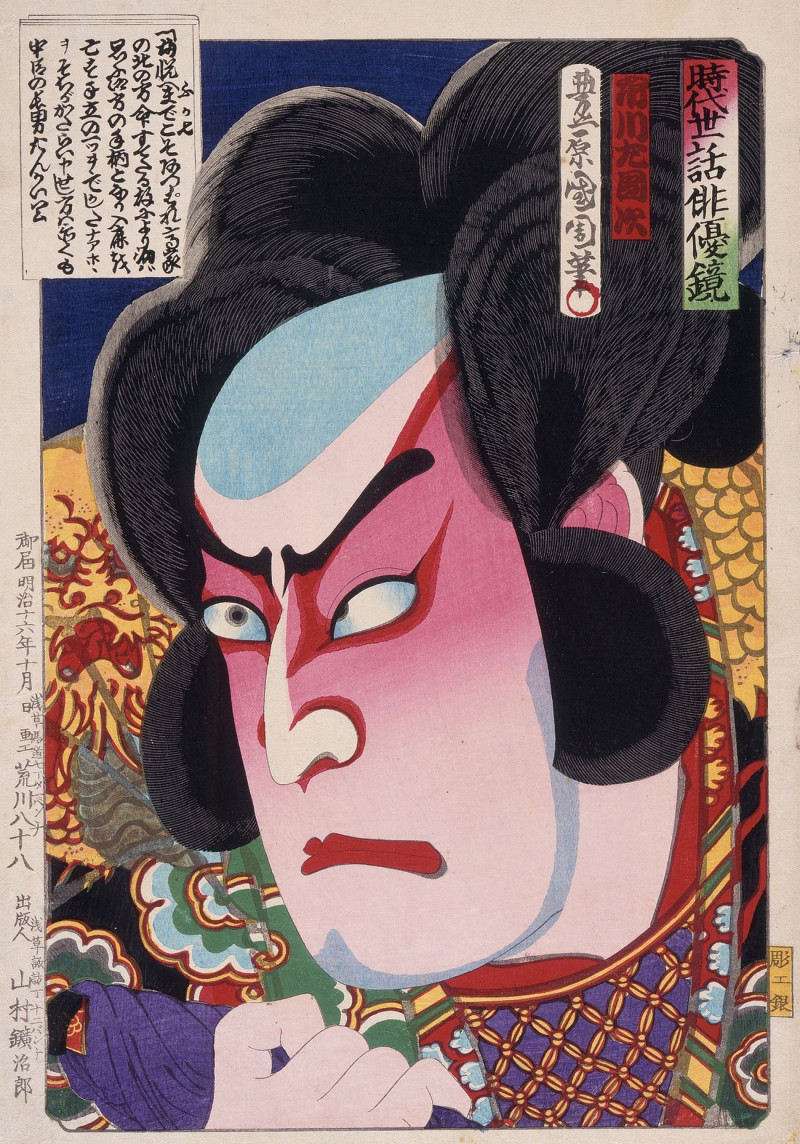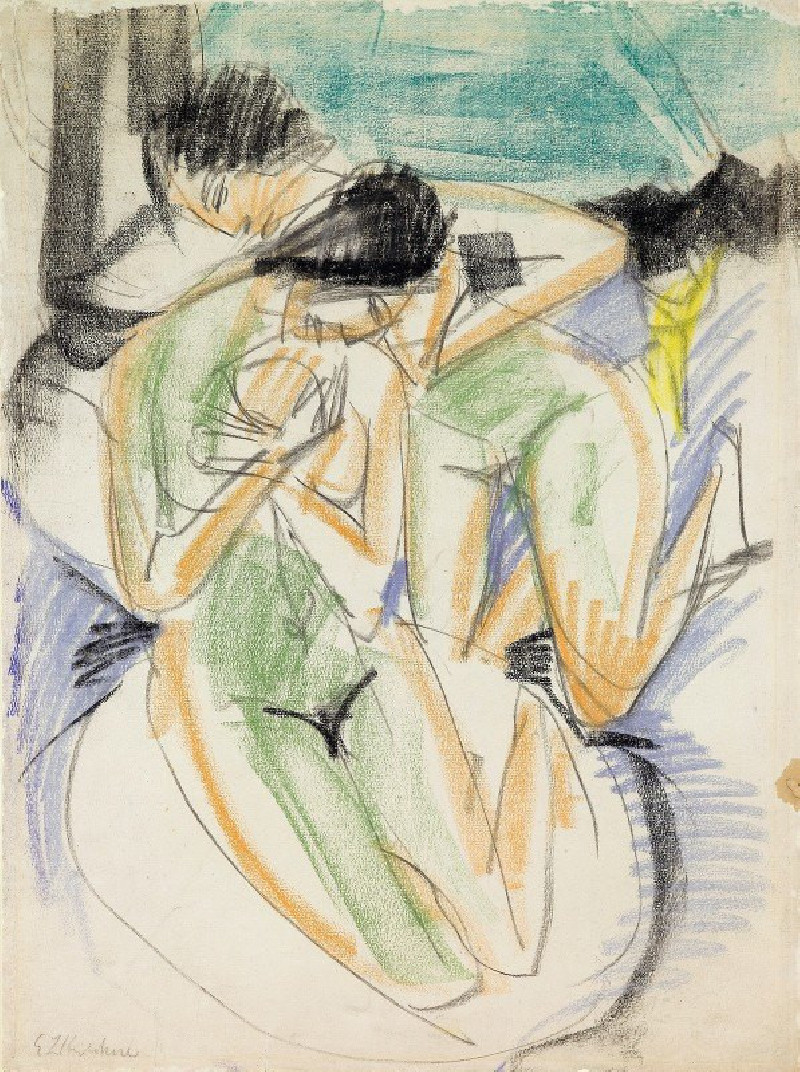Rosa Indica Acuminata (1817 - 1824)
More about this artwork
Delivery
Reproductions are made to order and take 5 to 7 working days.
We send them out by courier and delivery takes another two working days.
If you need a reproduction sooner, please contact us - we can usually find a solution and produce it a little faster.
If you don't want to pay for postage, you can pick up your paintings at our galleries in Kaunas or Vilnius.
Returns
Yes, reproductions can be returned.
If you have any doubts more than 30 days after the date of purchase, please contact us - we will take the reproduction back for a refund or offer you a replacement!
We accept a maximum of two returns per customer - please note that we make reproductions to order, so please choose responsibly.
We do not refund shipping expenses.
Pierre-Joseph Redouté, was a painter and botanist from Belgium, known for his watercolours of roses, lilies and other flowers at Malmaison, many of which were published as large, color stipple engravings. He was nicknamed "the Raphael of flowers" and has been called the greatest botanical illustrator of all time.


